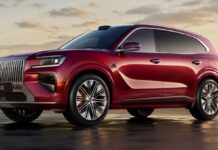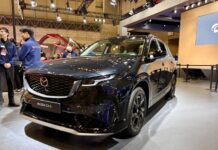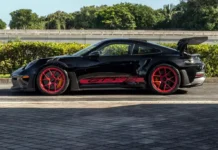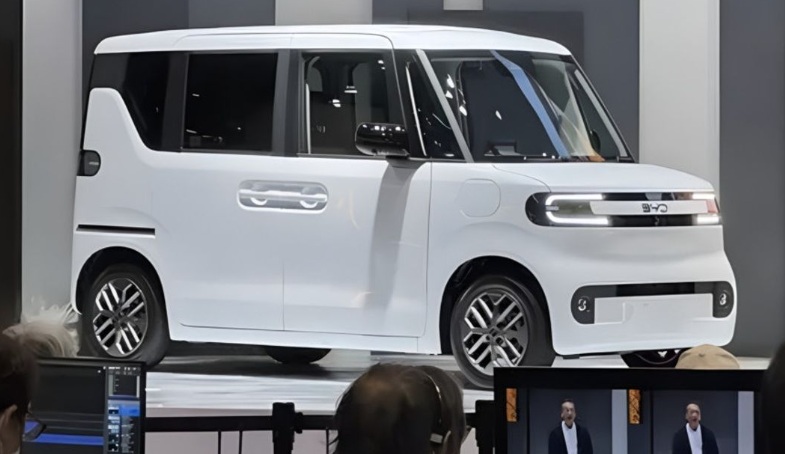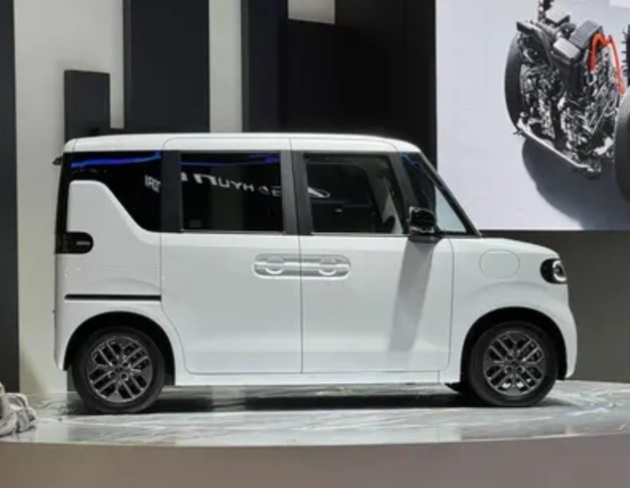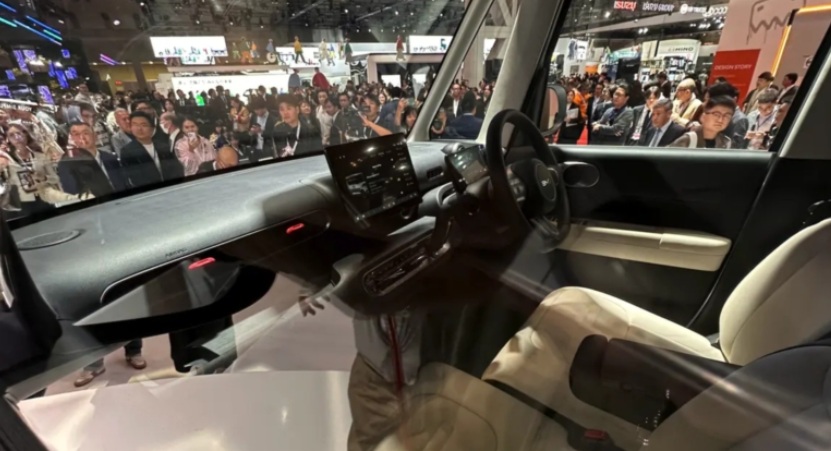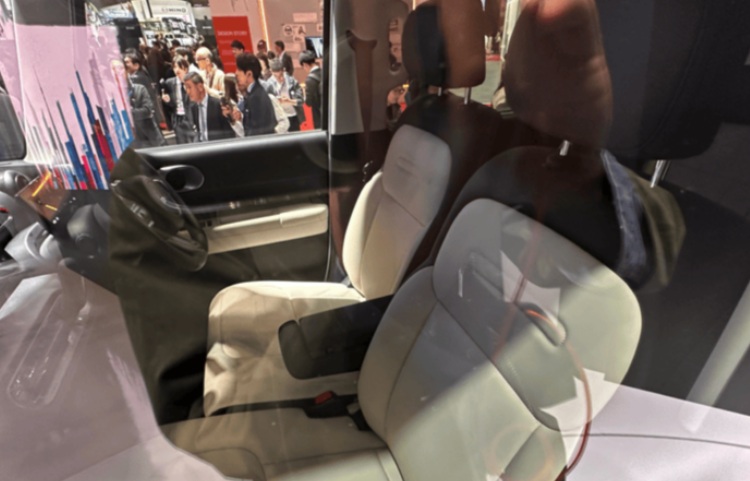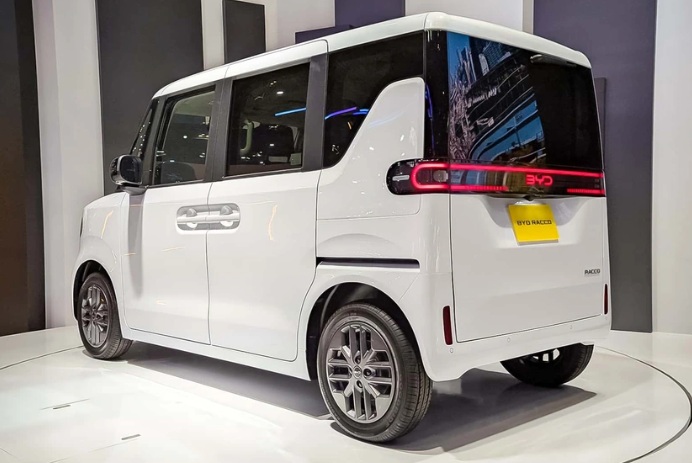At the 2025 Japan Mobility Show, BYD stunned attendees by unveiling the Racco, a kei-car model exclusively designed for the Japanese market.
According to the plan, the BYD Racco will hit the market in the summer of 2026, starting at approximately 2.6 million yen (around $22,000 USD).
The Racco will be BYD’s fifth vehicle offered in Japan, following the Atto 3, Dolphin, Seal, and Sealion 7. Positioned as the brand’s most affordable electric vehicle, it targets urban consumers who prioritize compactness, efficiency, and eco-friendliness.
Adhering to kei-car standards, the Racco measures 3,395 mm in length, 1,475 mm in width, and 1,800 mm in height. Like traditional kei-cars, it features a boxy design, a compact body, four practical doors, and a sliding rear door.
The front end stands out with C-shaped headlights paired with a sealed grille, typical of electric vehicles. The rear impresses with a rounded LED taillight bar spanning the width, complemented by a glowing BYD logo at the center, blending modernity with approachability.
While BYD has yet to reveal detailed interior specifications, the display model features a right-hand drive setup, compliant with Japanese standards. The cockpit includes two distinct screens: a digital instrument cluster and a central infotainment display.
The dashboard stretches horizontally, featuring rounded rectangular air vents for a sleek look. The seats are upholstered in leather, with a bench-style design for both front and rear rows, facilitating easy cabin movement—especially useful in tight parking spots common in Japanese urban areas.
Despite its compact size, the Racco’s interior feels spacious, thanks to a high roofline optimized for crowded city environments.
The BYD Racco is equipped with a front-mounted electric motor and a 20 kWh LFP battery, delivering a WLTC-rated range of approximately 180 km per charge. It supports DC fast charging up to 100 kW, a standout feature in the kei-car EV segment.
While BYD hasn’t disclosed exact power figures, this setup mirrors the Nissan Sakura—a domestic kei-car EV priced at 2.53 million yen (around $21,500 USD) with the same 20 kWh battery capacity.
Kei-cars account for roughly one-third of Japan’s total auto sales, dominated by domestic brands like Honda, Suzuki, Daihatsu, and Nissan. BYD’s entry into this segment underscores its ambition to integrate deeply into Japanese daily life, beyond mid-size EVs or SUVs.
TH (Tuoitrethudo)
“Xiaomi Loses Lawsuit, Ordered to Compensate Car Owner for Selling ‘Fake’ Carbon Fiber Hood”
Elevate your ride with Xiaomi’s carbon fiber capo cover, a sleek upgrade priced at 42,000 NDT (5,880 USD). While its dual air vents are purely aesthetic and offer no functional cooling or airflow benefits, this lightweight alternative to the standard aluminum version adds a touch of premium style to your vehicle.



